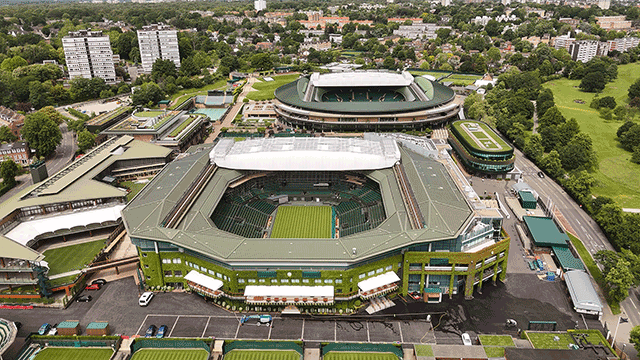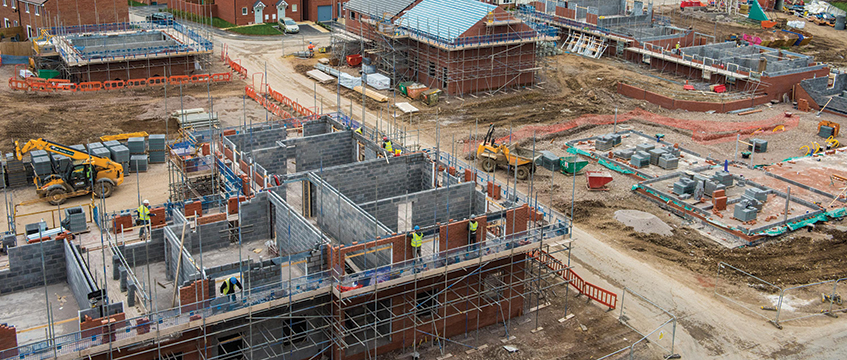The housing, communities and local government committee has called on the government to reconsider the controversial move to zoning in its reform of the planning system.
The cross-party group said it does not believe the overhaul will produce a “quicker, cheaper and democratic” system, and criticised the lack of detail over the “three areas approach”.
The HCLG committee outlined these problems as part of a 135-page report evaluating and responding to the proposals. The report follows a public inquiry, with 154 pieces of written evidence, three virtual meetings, a survey last October that collected 5,756 responses and a public engagement event of 38 participants.
Housing secretary Robert Jenrick unveiled the white paper last summer, with a goal to introduce “growth” (with automatic outline approval), “renewal” (planning in principle assumption in favour of development) and “protected” land (development restricted).
Despite considerable backlash from the industry, planners and local authorities, the government is progressing with new legislation, confirmed last month in the Queen’s Speech.
The HCLG committee report quotes one contributor who said: “A zoned approach would be preferable, but the government are proposing a very bad version of zoning. They have the principle right but the process is garbled.”
When the HCLG committee put this to housing minister Christopher Pincher, he denied this, replying: “We are trying to cut through the garble and gobbledygook of the present system to make one that is much more transparent, speedy and, frankly, engaging of local people.” Pincher said zoning would reduce incentives for developers to land-bank because “they know that, as long as they tick the boxes and obey the law, they can build the homes”.
In the HCLG survey, 77% of respondents said they preferred a system where every proposal was considered, 15% supported rules and requirements and 7% called for an alternative.
One respondent to the survey, a practising architect, said government policy was being driven by the volume housebuilder lobbyist. They said: “We have seen the degradation of both our cities and countryside over the past few years and the powerlessness of the planning system to protect them. The white paper will simply accelerate this.”
At the public engagement event, one participant told the committee that they believed zoning “could further disadvantage those who are already disadvantaged”. They raised concerns that growth areas seeing high levels of development will be focused in urban places close to public transport, and questioned the ability to provide open spaces and healthy living.
The HCLG committee said if the government continues with zoning, it must provide further clarity.
The group said the government should clearly explain what level of detail will be required in local plans and how restrictions will be imposed. It added that local authorities should also provide detail for growth and renewal areas, with guidance on height, density, parking provision and amenity access. It called for sub-areas for further flexibility – for instance, renewal areas where planning applications would apply and a “highly protected” area, which would be shielded from development.
The HCLG committee said it had concerns over the lack of detail, which it said “made it very difficult to assess the possible practical implications of many of the reforms”.
It added: “The government should consult on the details of proposed reforms to prevent unintended consequences and harms resulting from them.
“Given the complexity of the issues, and the possibility that its contents will differ from the proposals contained in the white paper, the Planning Bill announced in the Queen’s Speech should be brought forward in draft form, and be subject to pre-legislative scrutiny. We stand ready to undertake such scrutiny.”
To send feedback, e-mail emma.rosser@eg.co.uk or tweet @EmmaARosser or @EGPropertyNews











